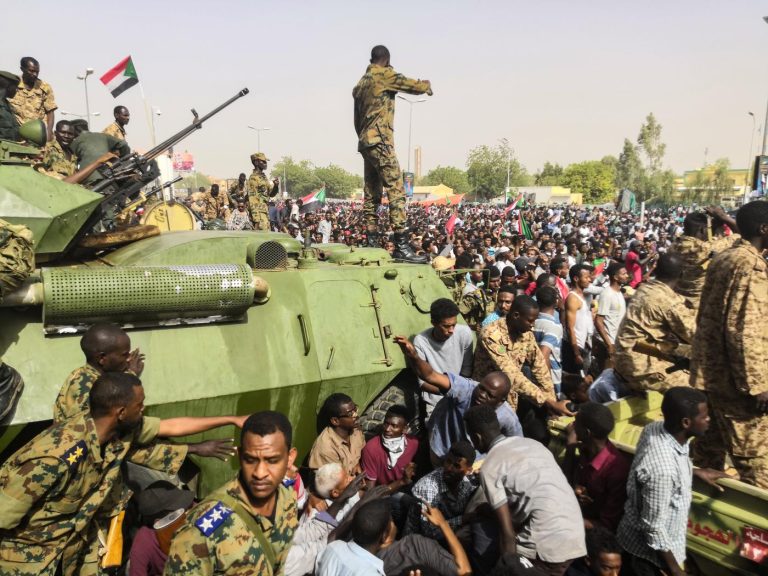
The march has been planned on the commemoration day of the 30th June 2020 uprising against the army.
Yousif Ibrahim Abubaker
The people of Sudan are calling and preparing for mass demonstrations on June 30 to make sure the military council hears the people’s voice in the streets. The Sudanese people will continue their revolution until it (council) meets their demands and restores the civilian rule.
Our country has faced three years of political turmoil since the revolution that broke out in 2019 overthrowing long-reigning ruler Omar al-Bashir and instituted what authorities described as a “transitional democracy”. The situation only intensified when the military sought to take power in a coup two years later, sparking renewed waves of popular resistance.
On 6 April 2019, the masses successfully staged a sit-in and occupied the areas surrounding the Sudan Army’s headquarters in Khartoum. Similar sit-ins popped up in all the major cities around the country, and by 11 April Al-Bashir was removed and arrested and a Military Council with a new president— also an army officer — was announced.
The sit-in continued despite this, as the goal was to completely remove the army from the political process.
The masses stood on ground against the Military Council’s attempts to disperse the sit-ins for 58 days. This culminated in the brutal massacre on the morning of 3 June — more than 100 protesters were killed in Khartoum alone, and many more were wounded and others remain missing to this day.
Throughout the month of June, Khartoum became a military warzone. A curfew and state of emergency were declared, and the internet was completely shut down. But people weren’t broken under these conditions. They organized massive marches on 30 June, when millions took to the streets across the country. They broke the military’s will and forced it into a power-sharing deal with civilian politician’s representatives in July 2019.
The deal was flawed — the civilian representatives are reformists, while the protestors were extremely revolutionary. The protests continued throughout 2020 and 2021.
On 25 October 2021, the military took over in a coup. Protests have been ongoing. By March 2022, more than 80 protesters had been killed. The anti-military protests, organized and mobilized by Resistance Committees, had been happening even before the October coup during the three years that followed the toppling of Omar al-Bashir.
The refugees were hit hard by the political turmoil, but the COVID-19 pandemic proved to be an additional huge blow. The UNHCR did not cater well to their needs, and in October 2020, the migrants organized a sit-in in front of UNHCR headquarters in Khartoum to demand improvements.
This move was not the first time, as migrants attempted political direct action even during al-Bashir’s rule, but this time it was different because they had far more support from the revolutionary movements and groups in Sudan. One such group in particular was the Sudan Workers’ Newsletter, which provided necessary media coverage and support, as well as the leftist revolutionary organization Gidaam. The sit-in was violently dispersed on 15 December 2021, marking it as one more red flag that Sudan’s so-called “transitional democracy” was a lie.
Currently, under the constant protests against the military coup, it is unclear what the situation is like for the migrant and refugee communities in Khartoum.
________________
 Yousif Ibrahim Abubaker is a poet and writer from Omdurman Umbda -Sudan. He works as an English Instructor, Trainer and Freelance Interpreter. He also has been working as a debate leader discussing various topics in many English Institutes, Centers, Academy and schools.
Yousif Ibrahim Abubaker is a poet and writer from Omdurman Umbda -Sudan. He works as an English Instructor, Trainer and Freelance Interpreter. He also has been working as a debate leader discussing various topics in many English Institutes, Centers, Academy and schools.